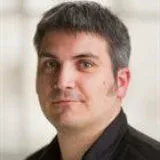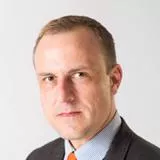20 November 2025
Future for international law and governance debated at workshop
The dilemmas faced by the International Criminal Court and its member states in an era shaken by wars of aggression were debated at workshop hosted by King’s College London and the German Federal Foreign Office.

At the London Conference of June to August 1945, the Allies agreed to set up the Nuremberg Trials to hold the leaders of Nazi Germany individually responsible for crimes against humanity.
Yet, 80 years after these first steps towards an international legal order designed to deter wars of aggression, the United Nations Security Council is often too paralysed to enable the International Criminal Court (ICC) to prosecute political leaders willing to endanger global peace and security.
At the workshop held on 18 November, diplomats, scholars and students were able to explore the challenges facing the ICC after Russia’s invasion of Ukraine, with a series of panel discussions offering glimpses into the crisis facing the international legal order.

Speakers included Professor Peter Neumann (KCL) Professor Gerry Simpson (LSE), former ICC President Professor Anton Hofianski and Professor Christoph Safferling from INPA Nuremberg.
During a fascinating morning, King’s students and staff in the audience had front row seats to exchanges between scholars and diplomats directly involved in the struggle to rebuild a global system of laws and norms that were laid down in the years after the Second World War.
The workshop, Maintaining international peace and deterring aggression, was held at Swedenborg Hall and was organised jointly between Dr Michael Westland for the German Federal Foreign Office and Dr Alex Clarkson for King’s Department of European and International Studies.


